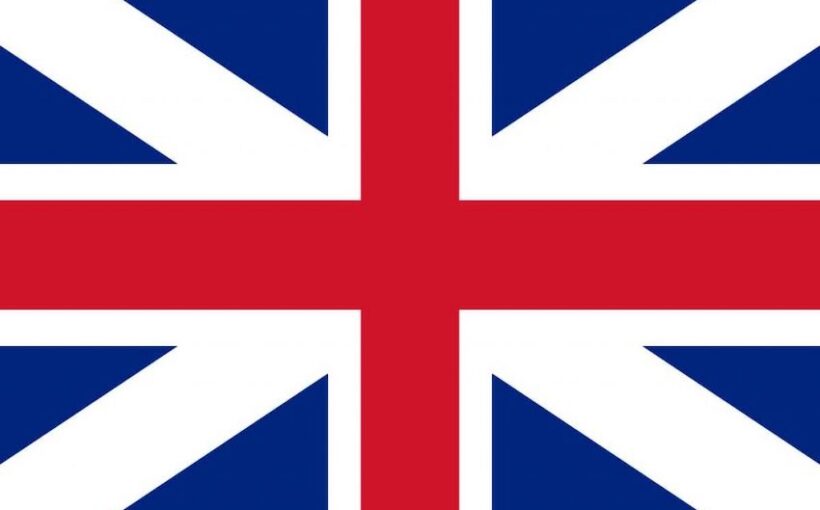The Merriam-Webster account holds a special place in our hearts, not least for the time they helped Ivanka Trump understand the meaning of ‘complicit’ or for the funny shade they threw at Dictionary.com.
They’ve now given us a new reason to love them by inspiring a glorious response from tweeters who speak another language. This was how they did it.
Non-native English Speakers, what’s a word from your language that you think is perfect that doesn’t have an English equivalent?
Take us to church.
— Merriam-Webster (@MerriamWebster) February 28, 2023
These were some favourites from the many responses.
1.
Arabic: soubhiyé. That quiet time when you’re the only one awake in the house and can enjoy a cup of coffee before the day starts
— Stephanie Saad Thompson (@Stefaniya) February 28, 2023
2.
“Apapachar”, it’s a Mexican Spanish word, comes from Nahuatl, and it literally means “hug with the soul”, it’s used like, sort of a mix of “to cuddle”, “to support” and “to console”: to throw all of your love to someone when they need it the most.
— Anthony Tesla (@AnthonyCTesla) February 28, 2023
3.
My grandfather would say the Finnish word “sisu.” Loosely translated, “stoic determination, tenacity of purpose, grit, bravery, resilience and hardiness,” but it’s hard to describe in English. You might hate doing a thing, but the thing has to be done, so you will do the thing.
— Gryph (@darkgryphon42) February 28, 2023
4.
Indonesian.
Kami = refers to a group of people that includes the speaker but not the person being spoken to.
Kita = refers to a group of people that includes the speaker & the person being spoken to.
in English, both words are simply referred to as “we”.
— mardy bum (@bienavecci) February 28, 2023
5.
The German word Kabelsalat I’ve always loved. Basically translates to “cable salad”, which is when all your cables tangle up on their own
— Scott Peterson (@se_peterson) February 28, 2023
6.
“Trúno” is the Icelandic word for really showing yourself in a long and intimate conversation with others, often late in the evening and accompanied by alcohol, but not necessarily only then.
— Berit Glanz (@beritmiriam) March 1, 2023
7.
There’s a lot of regional slang that’s hard to translate, but the standard Spanish word English doesn’t have is “sobremesa”. It’s the time after a meal, maybe before dessert, and the nice quiet conversation that happens there. Sometimes it’s not so quiet.
— Sofis (Taylor’s Version) (@sofiraus) February 28, 2023
8.
Irish: craic. Example usage: “The craic was great”. Meaning: you enjoyed yourself / had a fun time / were entertained and laughed a lot / had good chats / in good company. Can also mean news or gossip, i.e “What’s the craic?” = “Any news?”
— Laurie Winkless (@laurie_winkless) February 28, 2023
9.
UMAY (Tagalog)
The feeling of having had too much of the same food over and over again that you feel like you can no longer take a bite of the same stuff again.
This can also be used figuratively and describe ideas, concepts, experiences, among others.
— skullohmania (@skullohmania) February 28, 2023
10.
Verschlimmbessern (German) = To make something worse by trying to make it better
— Hanno (Ronin-sama; Donut) (@ronin_sama) February 28, 2023
11.
Since I’m from Bombay, here’s a very Bombay word: Jugaad. Meaning: a flexible approach to problem-solving that uses limited resources in an innovative way.
— Sarakshi Rai (@Sarakshi) February 28, 2023
12.
Native English speaker but I love the Japanese word tsundoku (積ん読), meaning acquiring books and letting them pile up without reading them.
— Wendell “Still Not on Mastodon” Albright
(@WendellAlbright) February 28, 2023
The post 24 amazing words from other languages that don’t have an English equivalent appeared first on The Poke.


